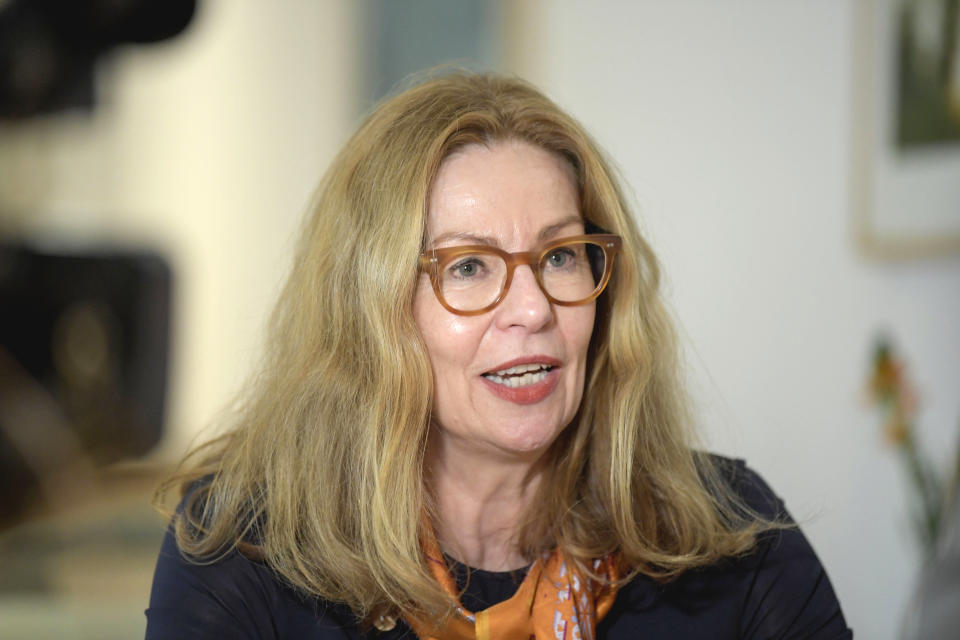Nordic and Baltic watchdogs plot grand data sharing deal after money laundering scandals

Financial regulators in Nordic and Baltic states are mulling an in-depth data sharing agreement as they look to rebuild reputations damaged by a huge money laundering scandal.
Marius Jurgilas, a board member at the Bank of Lithuania, told Yahoo Finance UK that regulators from Sweden, Norway, Finland, Denmark, Estonia, Latvia, and Lithuania are in talks about sharing transaction-level banking data as part of anti-money laundering efforts.
“We have to prove to the general public that we are not only speaking, we are doing things,” Jurgilas told Yahoo Finance UK at the Paris Blockchain Week summit on Tuesday.
The backdrop for the talks is a huge money laundering scandal that has engulfed the Nordic and Baltic states. Estonia, Lativa, and Lithuania are hugely reliant on Nordic banks, which control up to 80% of the market in the Baltics. However, these Baltic branches proved to be weak spots when it came to money laundering.
Last year it emerged that the Estonian branch of Denmark’s Danske Bank had processed as much as €200bn of suspicious payments originating from Russia and former Soviet states.
Sweden’s Swedbank has faced similar issues. Its CEO was fired and its chairman resigned in recent weeks amid questions over transactions at its Baltic branches. Lithuania’s Ukio is said to be one of the counter-parties being looked at.
“Does it make us feel uncomfortable? Yes of course it makes us feel uncomfortable,” Jurgilas said. “But maybe all things happen for a reason and it will be a push for regulators in the region to create something better.
“Better is something that other jurisdictions don’t feel the need to create, which is sharing of data across the regulators, identifying illicit transactions by using transaction-level data across the region, and all of a sudden that region becomes the best ever in terms of risk management. This is exactly what we’re looking at.”

Jurgilas said discussions were “happening as we speak, right now” between the relevant authorities but declined to give more details.
“There’s a very good rapport and exchange of information among the regulators right now but we are thinking about what we can do extra to assure our colleagues across the globe that these guys here are doing a much better job than everyone else in the world,” he said.
He added that regulators were prioritising a joint investigation into all the banks involved in the scandal.
“We are helping our Swedish counterparts to investigate the alleged illicit transactions, which by the way happened more than 10 years ago,” Jurgilas said. He added that the Lithuanian banks named so far are no longer operational.
“I believe that all institutions operating in Lithuania and across the region right now are fully abiding with anti-money laundering and anti-terrorist financing guidelines,” Jurgilas said.

